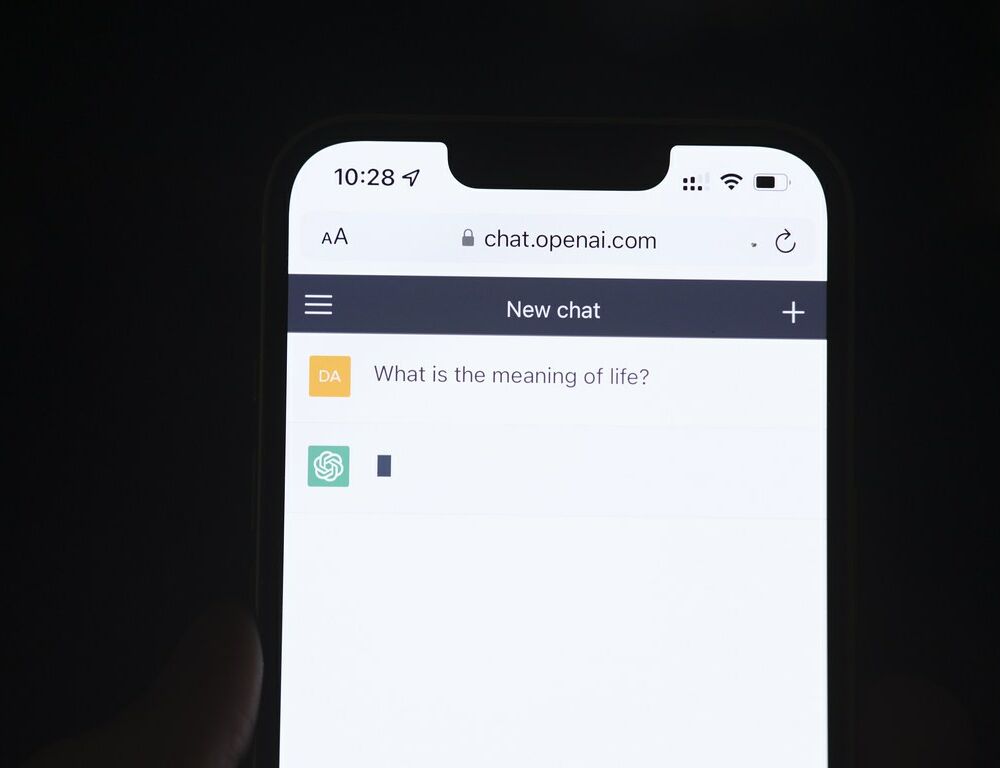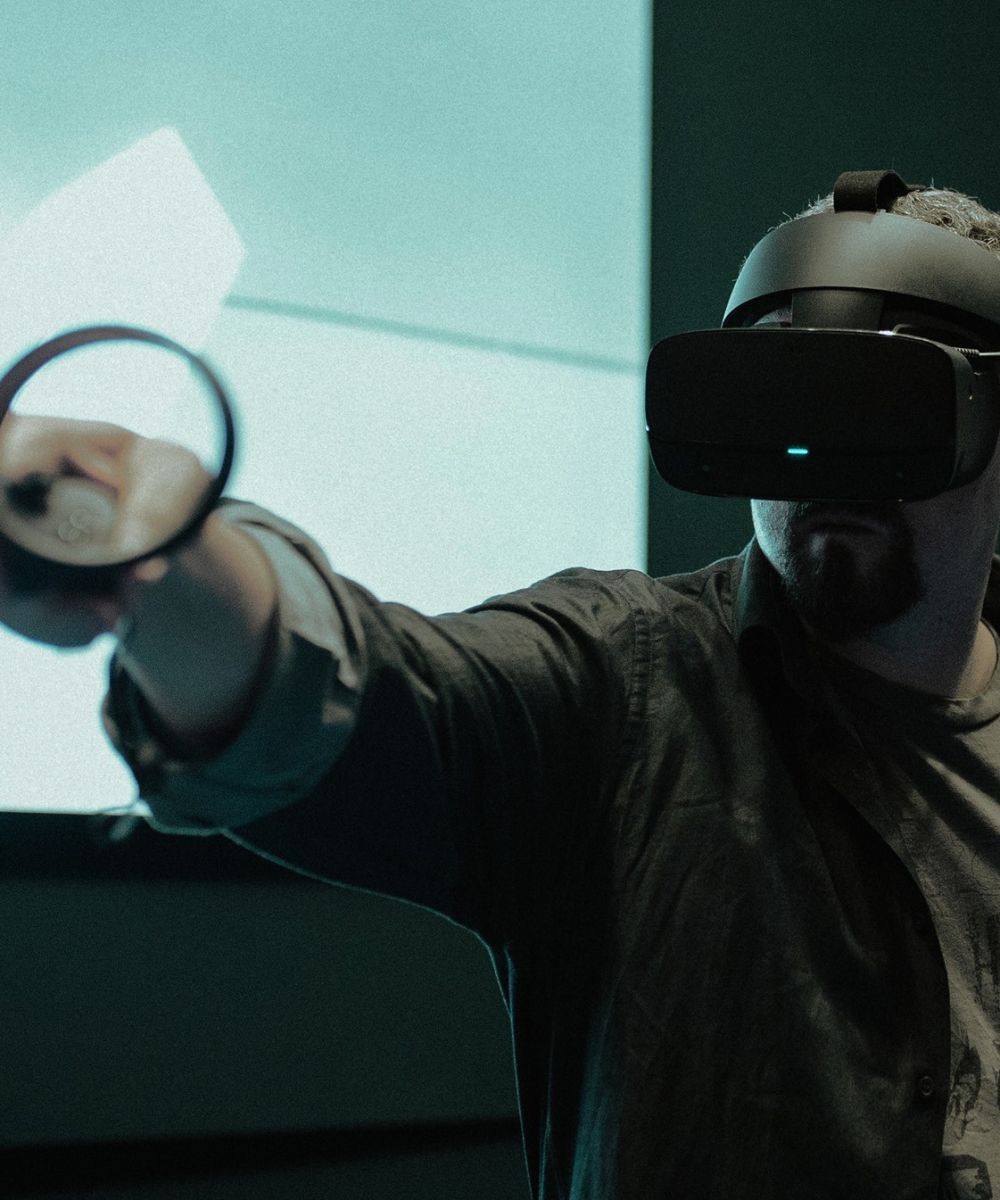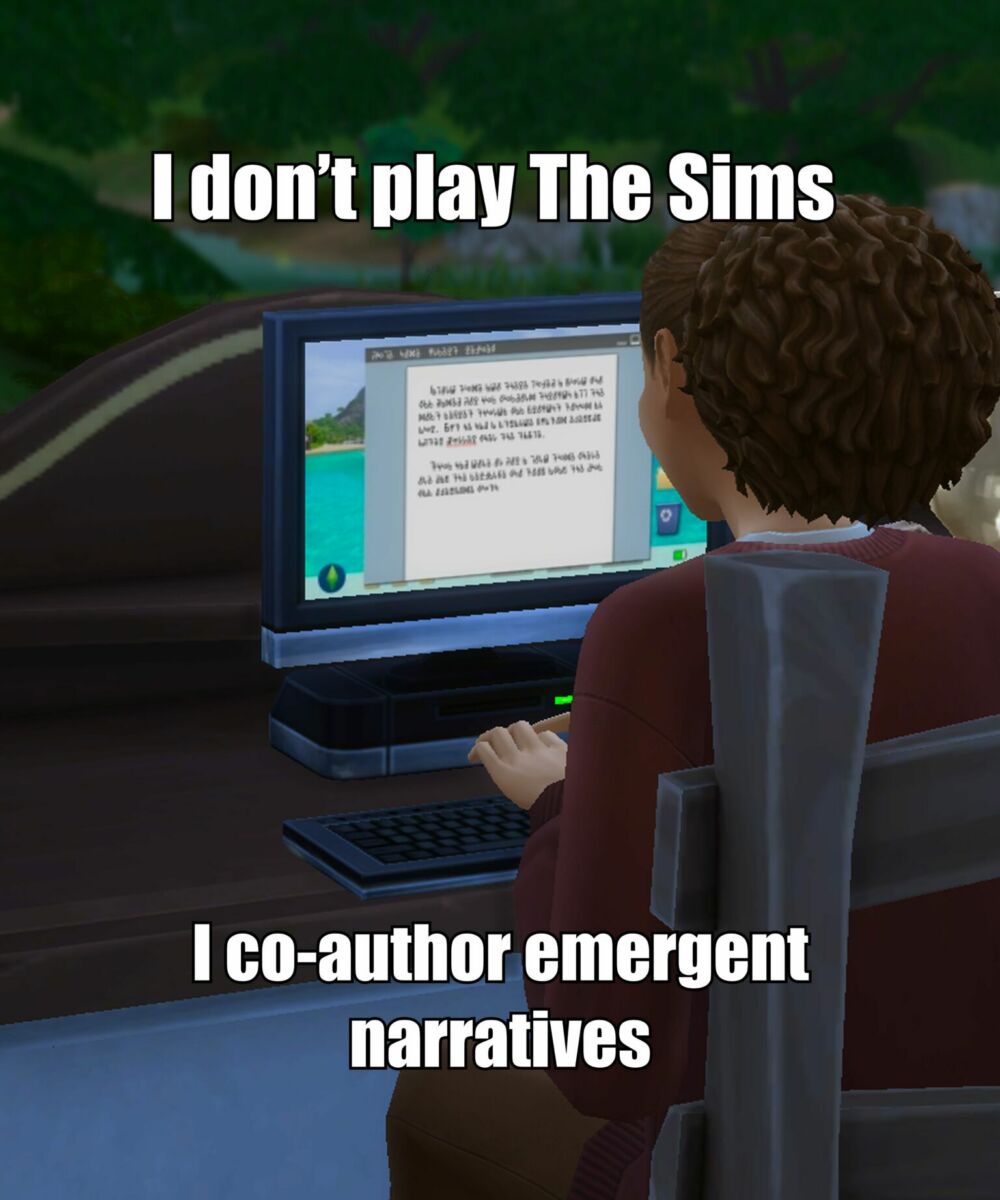Experiments in Computational Democracy: How AI Might Help Us Trust the State Again
By Niccolò Carradori
Redazione THE BUNKER MAGAZINE
Anyone who has ever tried to open a legal textbook—or even just read an official document drafted by any administrative body—knows how much the language of the law resembles a dead tongue that, mockingly, continues to legislate over the living.
It’s as if legal norms insist on speaking in cryptic hendecasyllables, hiding the vital information they aim to communicate within the folds of convoluted subordinate clauses.
Enter Aptus.AI, a startup based in Pisa, which has launched its Manifesto for AI-Proof Regulation with a proposal that appears at once simple and revolutionary: make laws machine-readable. This is not just a legal nerd’s whim, but a way to transform the law into a more transparent, traceable, intelligible ecosystem—not just for humans.
Behind the technicality of the “machine-readable format” lies a deeper ambition: to train artificial intelligence to understand, explain, and even help write legal norms. This is made possible by Akoma Ntoso, an XML standard developed in Bologna (named in Akan with a poetic expression: “linked hearts”), already adopted by international institutions and, to some extent, by the Italian Senate. The rest of the country’s legal production, however, remains trapped in outdated formats—barely digestible even for a large language model, let alone an average citizen.

The point, as Andrea Tesei, CEO of Aptus.AI, suggests, is not just to improve the efficiency of the legislative machine, but to mend the frayed fabric of trust between the State and its citizens. Because a law that can be understood—and maybe even explained in a friendly tone by an AI—is not just an administrative act, but a radical democratic gesture.
Yet even if we grant the intuition, a dissonant note lingers in this harmony of innovation: why must it be a private startup leading the charge? Entrusting a company with the task of translating law into computational language—and thus the ability to query, analyze, and interpret it—means shifting the needle of sovereignty a little further out of the public interest’s reach.
Niccolò Carradori
Studied psychology and joined the editorial staff of VICE Italia in 2013 as an editor and staff writer, where he remained until the magazine closed. Over the years he has also written for Esquire, Rolling Stone, GQ and Ultimo Uomo. Since October 2024 he has joined the editorial staff of The Bunker.



















![The Topologies of Zelda Triforce (Patrick LeMieux, Stephanie Boluk, 2018) [image from itchio]](https://www.the-bunker.it/wp-content/uploads/2025/06/The-Topologies-of-Zelda-Triforce-Patrick-LeMieux-Stephanie-Boluk-2018-image-from-itchio-thegem-product-justified-square-double-page-l.jpg)












